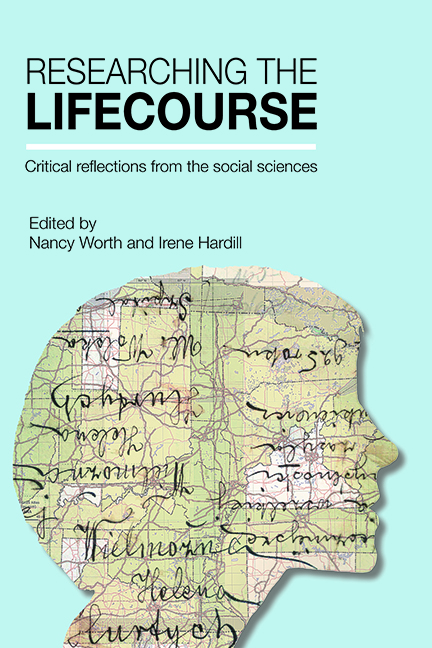eleven - Sensing sense and mobility at the end of the lifecourse: a methodology of embodied interaction
Published online by Cambridge University Press: 08 March 2022
Summary
We do violence to the complexity of lived experience when we make analytical cuts between emotions and thought, or emotion, the senses, thought, and action. (Davies, 2010, p 25)
Introduction
The sun is setting over the Mediterranean Sea far below me, and my front view is a locked gate, seeming in a hostile way to knot the tall fence together around a complex of luxurious accommodations on the top of a mountain by the Turkish Riviera. The car I am sitting in is sloping backwards at an angle of approximately 20 degrees, the back pointing drastically downwards, down the mountain; the driver, 83-year-old Howard, is unsuccessfully trying to make the remote controller open the gate. I know he has had some drinks today, which worried me a little as I got into his car 20 minutes prior to this moment. In the early afternoon, I met him while participating at the Danish men’s weekly bowling games, doing my fieldwork in this area in order to study elderly retired Danes living in Turkey. He invited me to a restaurant this evening, and as we met in the city at six o’clock, he asked me to leave my car and get into his. When departing the city via the highway along the sea, he said that we would go to his home first to have a drink. Slightly uncomfortable, I realised that I could either refuse and tell him to let me out of the car, or I could learn from this as any other fieldwork experience – and I chose the latter.
Now, in a car leaning backwards directly down a small and winding mountain road, I hear Howard saying that the remote does not work, and he’ll try from outside. With drops of sweat on my forehead I think: ‘My God, does he know how to work the handbrakes, and do they work properly? Should I hop out of the car right now?’ He gets out of the car, leaving a thick book in the front window inside. The book is a mix between a calendar and a notebook, typical for many Danes, where you keep track of appointments and write notes at the same time. Howard’s notebook is full of old journal cuttings and memory notes, and he calls it ‘My Memory’.
- Type
- Chapter
- Information
- Researching the LifecourseCritical Reflections from the Social Sciences, pp. 199 - 214Publisher: Bristol University PressPrint publication year: 2015



